You will be surprised to know that a high protein diet helps you lose weight faster beyond
just reducing your calorie intake. A high protein diet has been 2023 found to increase satiety and reduce the total amount of calories consumed. This is because high-protein foods take longer to digest, and this signals the body that you are full sooner and for a longer period of time.
Protein takes more work for your body to digest, so instead of using it as energy, your body tends to use more fat as energy when you have a high protein diet. A study in the Journal of Nutrition reveals that people who consume higher amounts of protein in their diets tend to have leaner bodies than those who eat less protein. Here we made a list of the best plant-based proteins. Read on to learn about The Best Plant-Based Proteins To Add To Your Diet!
Which is Healthier? Plant Protein or Animal Protein
We often associate animal protein with muscle building and fitness goals. However, plant protein is equally important for your body. The main difference between animal and plant protein is the number of essential amino acids they provide. Amino acids are the building blocks of proteins.
While animal protein contains all nine essential amino acids, plant protein lacks two essential amino acids. However, this doesn’t mean that you can’t get all the essential amino acids from the best plant-based proteins. You can get everything from a variety of plant foods, including lentils, beans, rice, hemp seed, chia seeds, tofu, and nut butter.
Benefits of Plant Protein
- Plant protein regulates blood sugar better than animal protein.
- Plant protein boosts your immune system and can reduce your risk of contracting certain diseases.
- Plant protein is a good source of fiber and can help you maintain a healthy weight.
- Plant protein has a low-calorie density, meaning that it takes up little room on your plate.
- Plant protein can help you feel full and satisfied as your meal comes to an end.
- Plant protein can help reduce the risk of heart disease by lowering blood pressure.
- Plant protein has a low risk of contamination and can be more environmentally sustainable.
- Plant protein can help you achieve your fitness goals. Plant protein can help you achieve your health goals.
Best Plant-Based Proteins
Here we made a list of the best plant-based proteins.
1. Beans and Legumes
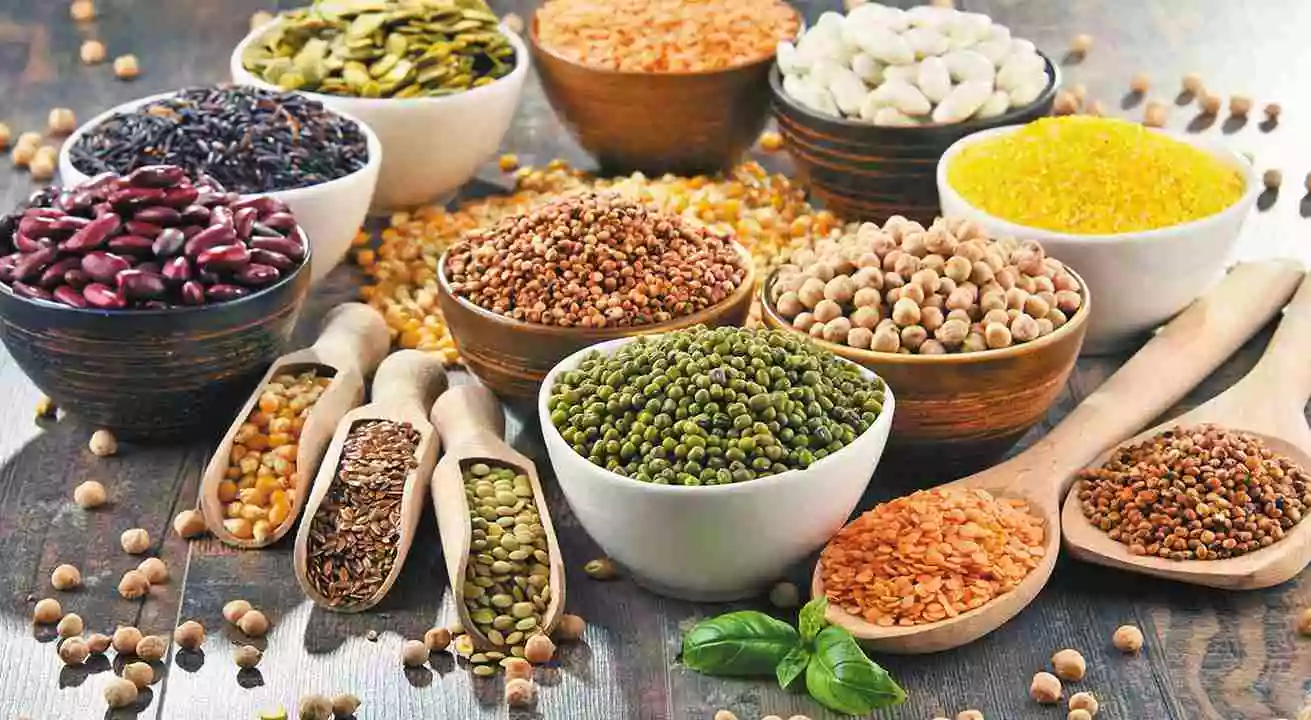
Beans and legumes are good sources of protein, iron, and fiber. They are also vegan-friendly, gluten-free, and low-calorie. A cup of black beans contains 15 grams of protein, a cup of lentils has 18 grams of protein, a cup of chickpeas has 16 grams, and a cup of kidney beans has 14 grams of protein.
These are great options if you are following a vegan or vegetarian diet and have trouble getting sufficient protein. Beans and legumes can be enjoyed in many ways, including in salads, soups, as a side dish, or even as a main dish. You can also use them to make salads, burgers, and dips for snacks or parties. You should add beans and legumes to your diet.
2. Vegetable Proteins
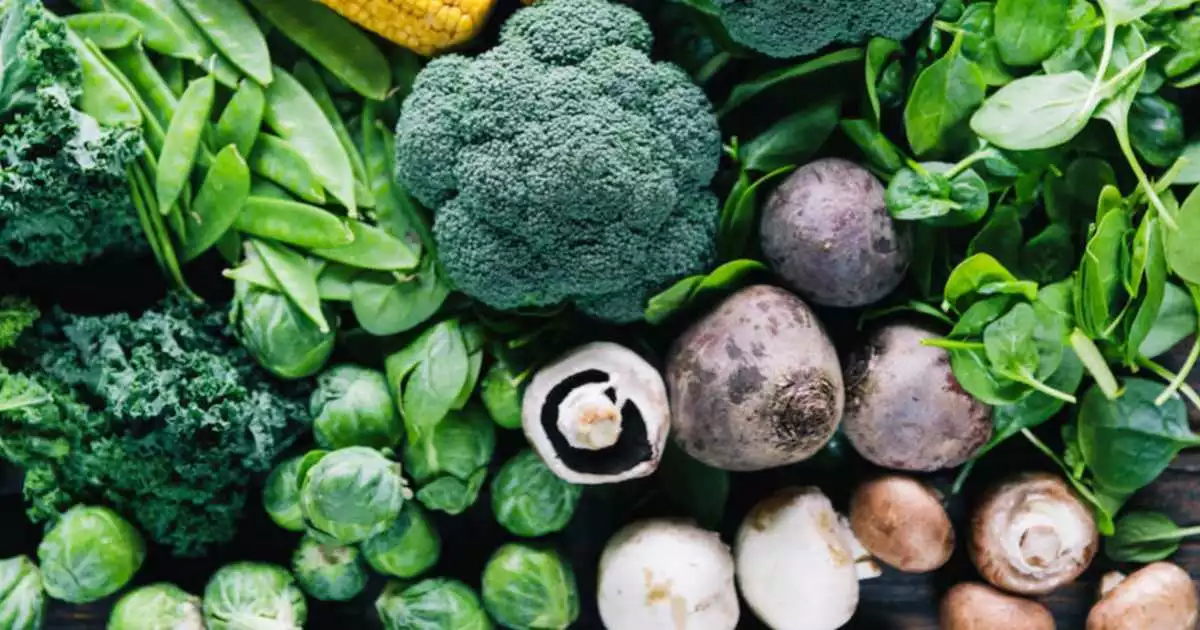
While there are many best plant-based proteins, vegetables are also a great source of protein. A 1-cup serving of cooked broccoli contains 3 grams of protein, a 1-cup serving of cooked spinach contains 3 grams of protein, and a 1-cup serving of cooked asparagus contains 5 grams of protein.
Vegetable proteins are a good way to add more protein to your diet if you are following a vegan or vegetarian diet. Vegetable proteins are also good if you are trying to reduce your meat intake or cut out meat entirely. They can be eaten raw or cooked, and you can use them in salads, soups, as a side dish, or even as a main dish.
3. Nut Butters
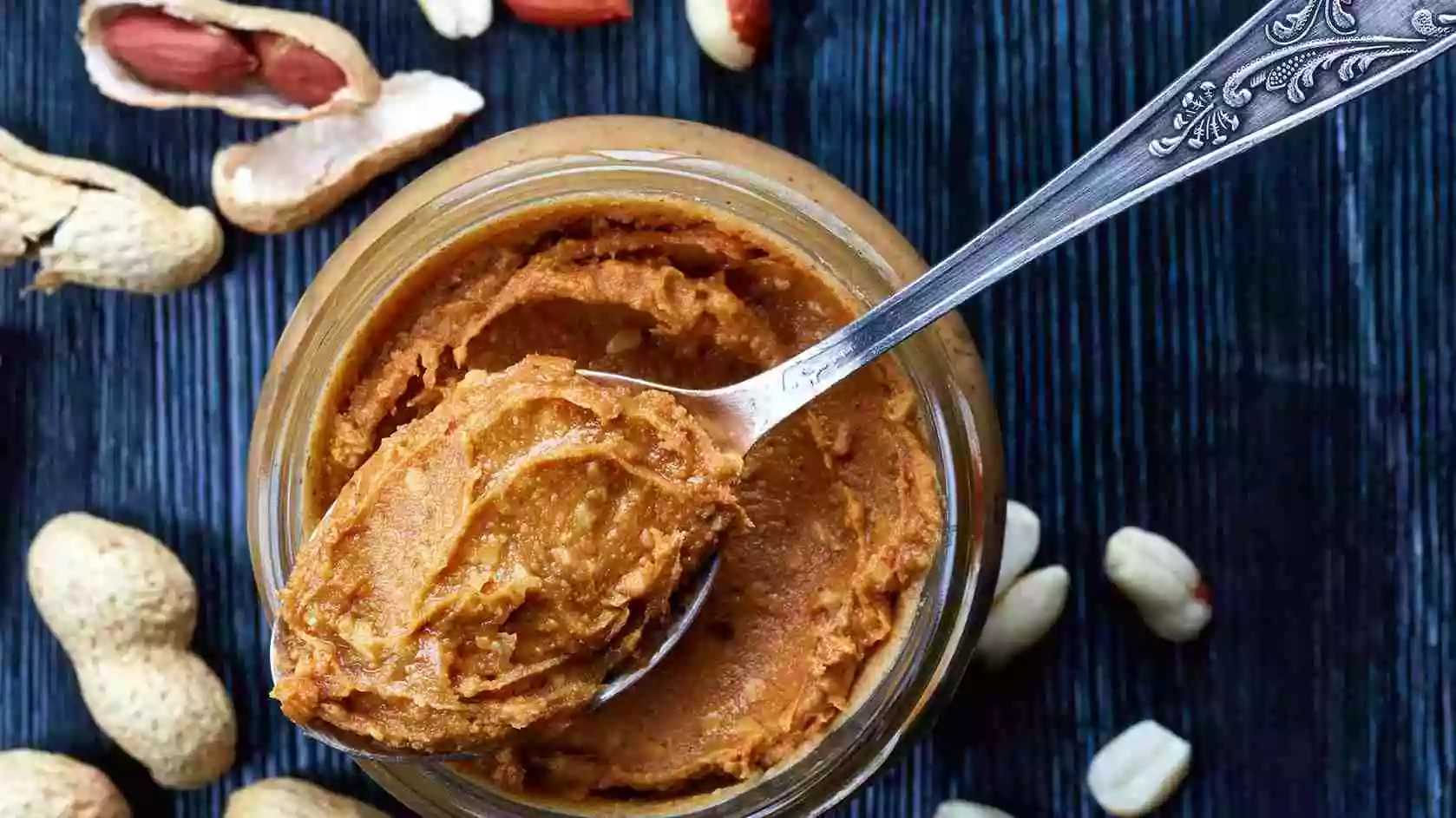
Nut butter such as almond and peanut butter are a good source of protein. One tablespoon of peanut butter has 8 grams of protein, and one tablespoon of almond butter has 3.4 grams of protein. Although nut butter is a good source of protein, it doesn’t contain all essential amino acids. If you are a vegan or vegetarian and don’t eat meat, it may be hard to get enough protein in your diet.
Eating a few spoonfuls of nut butter with some fruit or on some toast is a great way to add extra protein to your diet. If you are going vegan, then you must add nut butter to your diet. Nut butter can also be used in baked goods, desserts, or eaten straight out of the jar.
4. Veggie Collard Greens
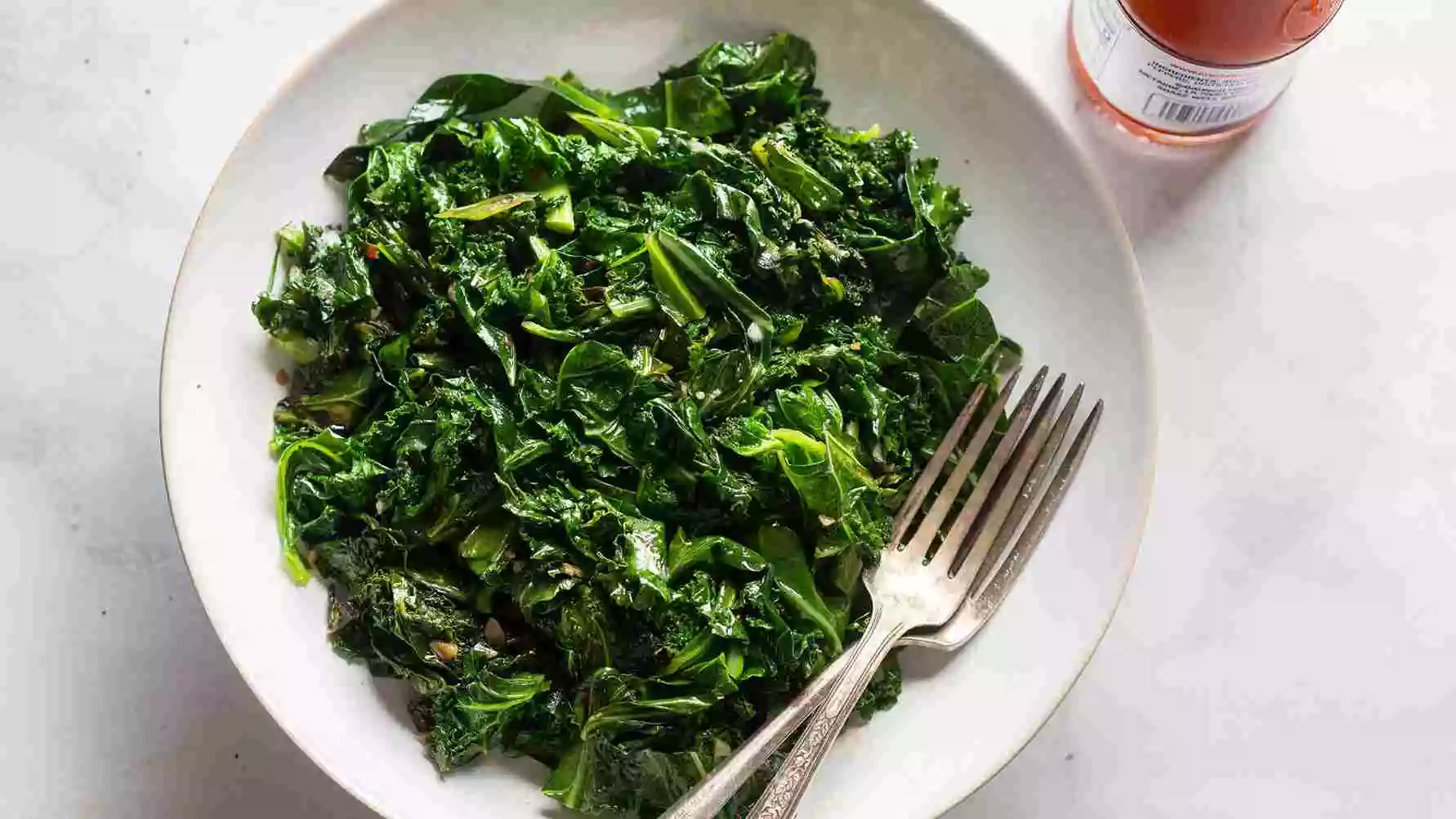
Collard greens are a great source of protein and are also packed with vitamins and minerals. A 1-cup serving of veggie collard greens contains 6 grams of protein. You can also add other types of greens, such as kale or Swiss chard, to increase the protein content of your meal.
Veggie collard greens are a great alternative to meat if you are following a vegan or vegetarian diet. However, you can also use them if you are trying to reduce your meat intake or cut out meat entirely. You can use veggie collard greens in salads, and soups, as a side dish or even as a main dish.
5. Natto
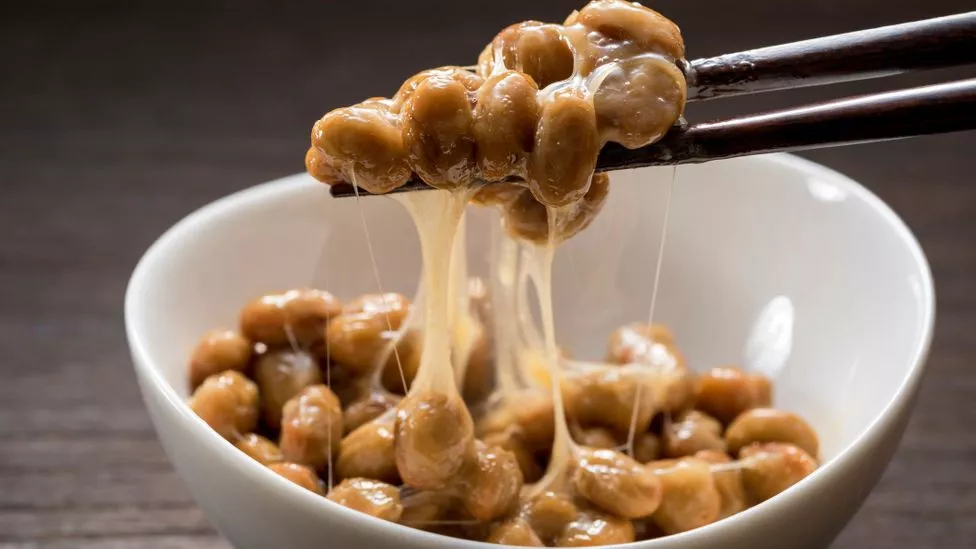
One of the best plant-based proteins is Natto. Natto is a good source of protein. Natto is a fermented soybean dish that is low in calories and contains plenty of protein. A 1-cup serving of Natto contains 38 grams of protein. Natto is often eaten with rice or noodles and can also be used to make other dishes, such as salads and soups.
Natto is a traditional Japanese dish and is commonly eaten for breakfast. It is a complete protein dish that contains all essential amino acids. You should add Natto to your diet if you are looking for high plant-based protein. It is also common in Asian and Asian-inspired dishes. Natto is a great source of protein if you are following a vegan or vegetarian diet.
6. Tofu and Tempeh
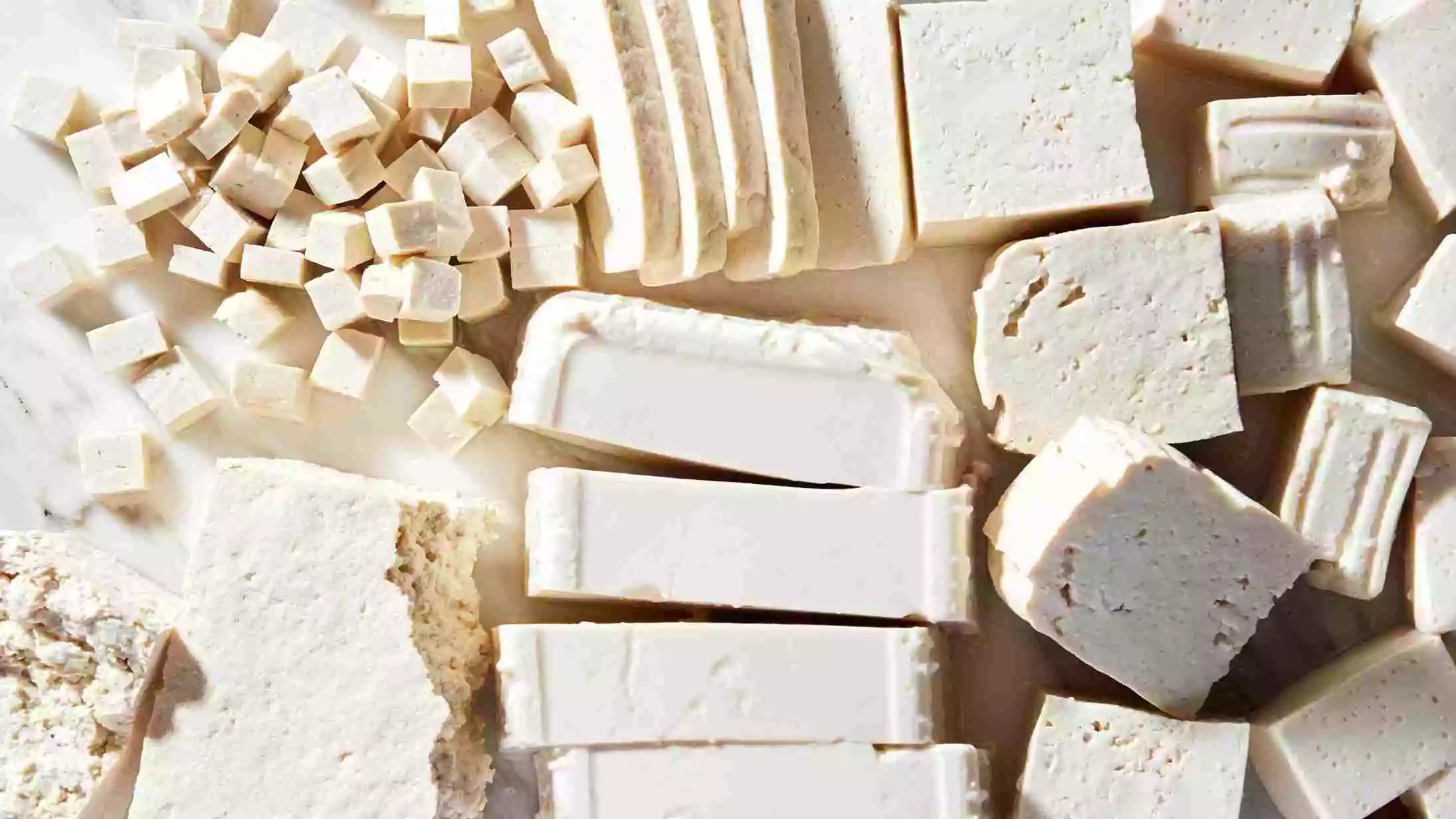
Tofu and tempeh are both soybean products and are good sources of protein. Tofu contains a large amount of protein. It also contains all nine essential amino acids. A 1-cup serving of tofu contains 20 grams of protein, and a 1-cup serving of tempeh contains 31 grams of protein.
You can use tofu and tempeh in many dishes, including stir-fries, curries, salads, soups, and more. Both tofu and tempeh are great sources of protein if you are following a vegan or vegetarian diet. You should add tofu and tempeh to your diet if you are going vegan. You can also use them to make desserts and baked goods.
7. Hemp and Chia Seeds
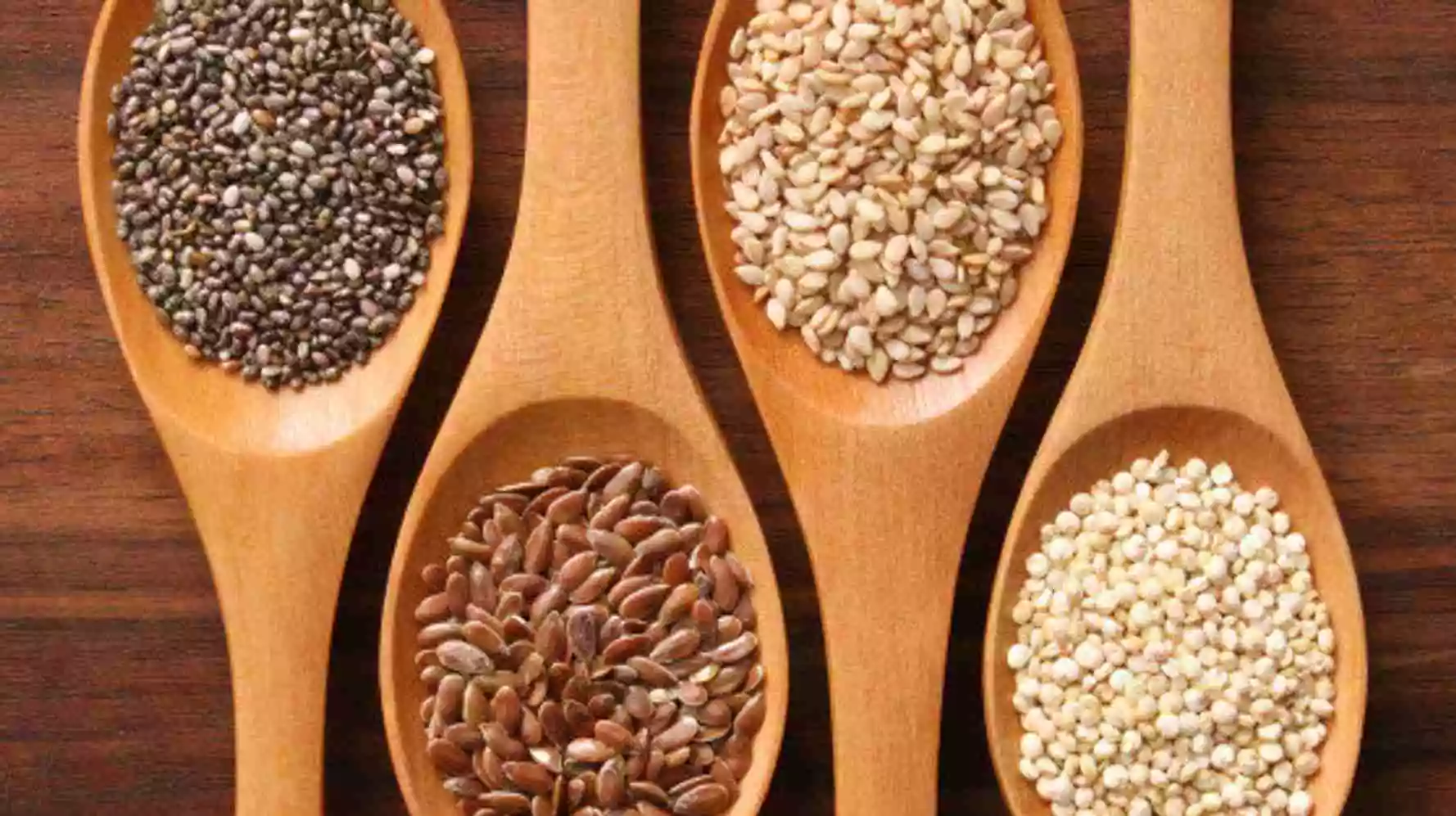
Hemp seeds and chia seeds are both good sources of protein. A 1-ounce serving of hemp seeds contains 8 grams of protein, and a 1-ounce serving of chia seeds contains 4 grams of protein. You can use hemp seeds and chia seeds in baked goods and desserts or add them to a smoothie.
Hemp and chia seeds are great for vegans and vegetarians who are looking for protein sources in their diet. Hemp and Chia seed are protein-rich food. You can use hemp and chia seeds in desserts and baked goods. You can also add them to smoothies or use them in place of flax seeds.
8. Spirulina
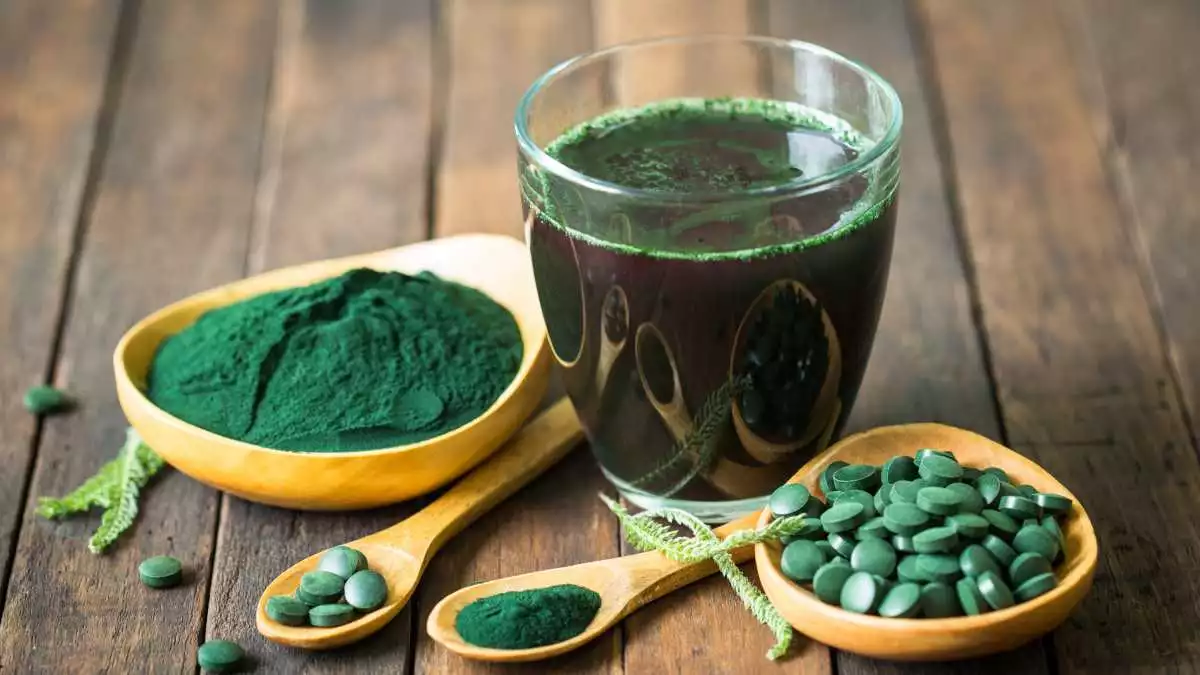
Spirulina is a portion of amazing protein-rich food containing about 60% protein by dry weight. It is extracted from a type of blue-green algae that is grown in large ponds. It is rich in protein and minerals and is one of the best health foods. In addition to being a great source of protein, spirulina is also packed with antioxidants, vitamin B12, fiber, zinc, iron, and more.
It’s also a great source of vegetarian protein and can be added to smoothies and other meals. Although spirulina is a great source of protein, it is also very high in salt. You can lower the amount of sodium by rinsing the spirulina powder before adding it to your food or by using water that is less salty when you’re making a smoothie.
9. Lentils
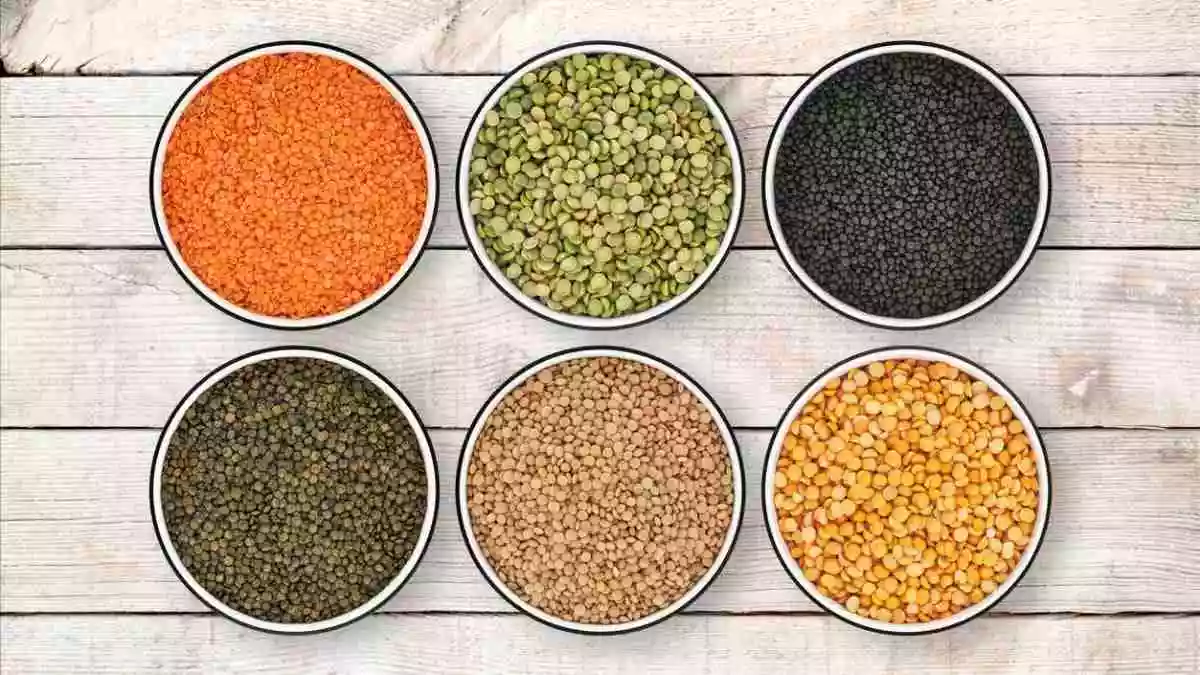
Lentils are the best plant-based proteins. Lentils are not only rich in protein, but they also contain fiber, iron, zinc, and vitamin B. They can be added to salads and soups and even used as a meat substitute in casseroles and other dishes. Lentils are one of the cheapest sources of protein you can find, so they are a great vegan source of protein to add to your diet.
You can add them to salads, soups, stews, and even make burgers with them. Make sure you rinse the lentils before adding them to salads or any other dish. This will remove some of the salt used to preserve them. You can also cook the lentils, then refrigerate them and use them in salads throughout the week.
10. Nutritional Yeast
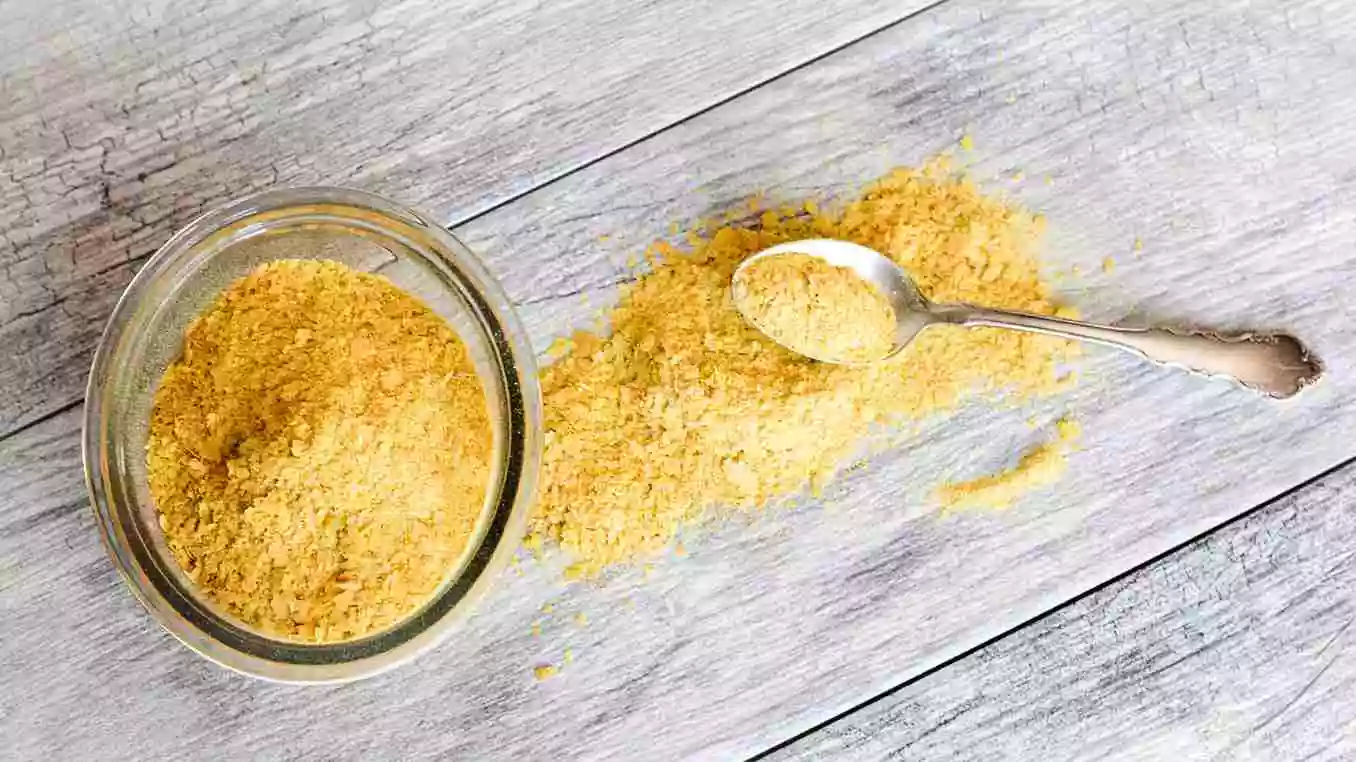
Nutritional yeast is a type of yeast that is grown and harvested for its rich flavor and nutritional content. Many people consume it to replace cheese when going vegan or plant-based. Nutritional yeast is very high in protein, vitamin B, and some minerals. It’s also very low in fat and a good source of fiber.
It’s important to select a brand that’s fortified with B12, which is an important vitamin for vegans. You can add nutritional yeast to soups, stews, casseroles, and more. When cooking with nutritional yeast, make sure you taste your food before serving. Some people find that it has a strong taste that can overpower meals.
FAQ related to Plant-Based Proteins
Which plant-based food contains the most protein?
Lentils, broccoli, spinach, asparagus, tofu, tempeh, and nutritional yeast contain a large amount of protein.
Is almond butter a plant-based protein?
Yes. Almond butter is a plant-based proteins butter, and it’s a good source of protein. You can also opt for almond butter.
Does peanut butter have all essential amino acids?
Peanut butter is a source of protein. They are not complete protein which means it doesn’t contain all essential amino acids.
How many essential amino acids are in almond butter?
Almond butter contains only seven out of nine essential amino acids. Almond butter is a source of protein, and they are not complete protein which means they do not have all types of amino acids. Although nut butter is a good source of protein.
What is the difference between tofu and nut butter?
Tofu contains all nine essential amino acids, while nut butter does not contain all essential amino acids. Nut butter contains only seven amino acids.
What is the difference between spirulina and lentils?
Spirulina contains more vitamin C than lentils. Both are high in protein.
Conclusion: Best Plant-Based Proteins to Add to Your Diet
A high protein diet is effective for weight loss. When protein intake is high, energy intake tends to be low. Protein-rich foods also help to keep you feeling full and satisfied for longer. A high protein diet can be achieved through a variety of different foods. You should add these plant-based proteins to your diet, which is rich in protein.
The best sources of are legumes, nuts and seeds, and vegetables. Other high-protein foods include yogurt, eggs, and tofu. A high protein diet is beneficial for weight loss and maintaining a healthy body.



